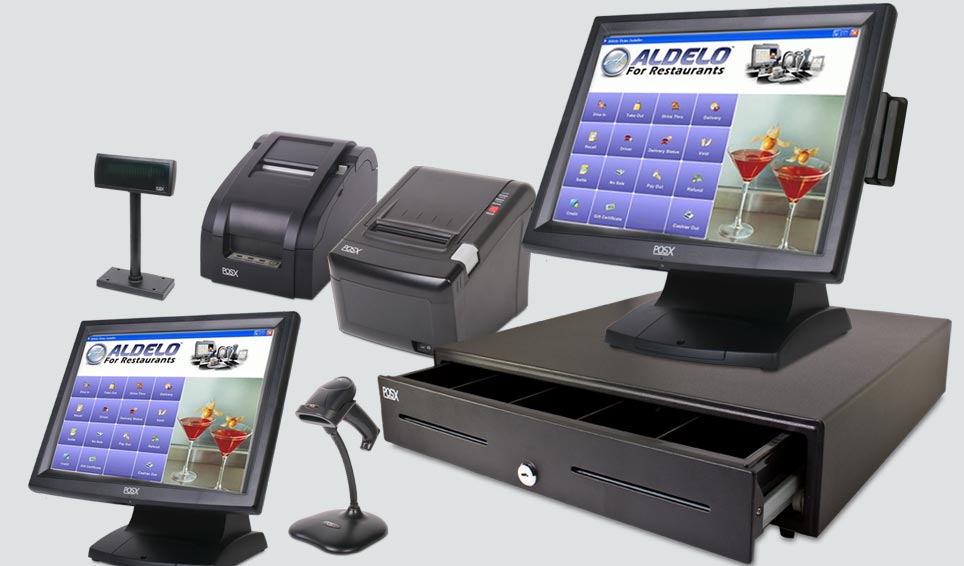The popularity of cloud-based POSs is on the rise, especially among retailers and hospitality service providers. The most evident advantage of modern cloud solutions over their traditional on-site counterparts consists of the ability to perform transactions and access the stored data from virtually any location by utilizing a mobile platform.
What do cloud POS systems imply?
Any Android or Apple smartphone and tablet can be equipped with a reader and the associated software application to become a mobile cloud POS. Storing the transaction data within the cloud requires a generally inexpensive monthly payment plan, which can be fixed or come as a fee per transaction. The good news is that the increase in productivity and reduction of operating expenses normally outweighs the value of the cloud POS expenditure.
What are the advantages of mobile cloud-based POS systems?
A number of reasons why more and more companies are opting for a cloud system in favor of their traditional on-site solutions exist.
- Mobility
A cloud POS system enables users to perform and keep track of all sales, purchases, inventory and miscellaneous transactions from any location with internet connectivity. The entirety of data is stored off-site, on the server of your cloud service provider. If you collaborate with a professional POS cloud host, then you’re guaranteed 24/7 entry to the information of your company, whether you’re on the road or in the office.
- Limited operating expenditure
A hardwired on-site POS is very reliant on the hardware, and also implies a plethora of regular maintenance costs, license expenditure and upfront fees. Furthermore, upgrading or downgrading the equipment is unachievable without replacing the hardware, in most cases. On the other hand, cloud based POSs require no such investments on your part, and their features can be adjusted seamlessly with a few clicks of the button.
- Instant upgrades/no maintenance downtime
The monthly premiums also account for upgrades and updates of your POS, and in most cases the downtime for your system is practically inexistent. This translates directly into elevated productivity levels, eliminating storage space concerns and not needing to physically upgrade your physical systems.
- Advanced function integration
Cloud POSs provide a number of functions that their standard counterparts can’t offer, like finalizing a transaction from any location and sending the client a receipt directly via email or SMS. Furthermore, advanced cloud based POS systems can be integrated with social network accounts to grant clients incentives after every purchase. And these are just the tip of the iceberg!
What are the downsides of mobile cloud-based POS systems?
Companies should also consider the following potential issues with POS systems that operate exclusively online.
- Data importing security risks
It’s important to be mindful about the process of transferring the data from your on-site POS to the cloud, and double check that no vulnerabilities exist over the course of the process.
- Reliance on internet connection
In the absence of an internet connection, you won’t be able to utilize the cloud system, so make sure your ISP offers quality service and that you have a backup connection, just in case.
- Expenses associated with replacing the old POS
Your contract with the old POS supplier could incur you penalties if you back out of the deal before the agreed period of usage.
